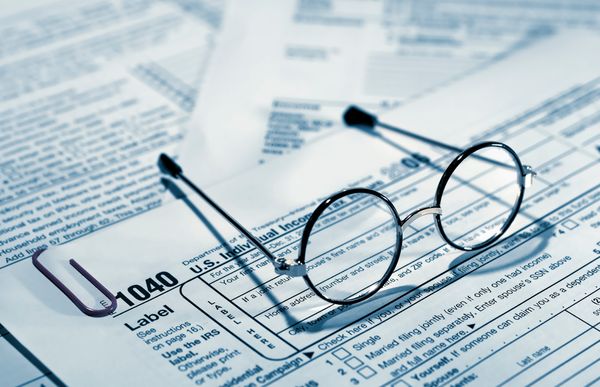I have often wondered: If you are a race car driver, can you write off your personal car as a business expense? Surely you're "practicing" when you're driving, right? Of course, that's not very realistic. While you might be able to depreciate the cost of the race car and equipment, you're going to have a hard time convincing the IRS that your personal vehicle counts for work [source: Szabo].
But since cars are one of the most expensive things we buy that immediately devalue the second we take them home, it would be nice to get a little tax break for the expenses we put into them -- professional driver or not. And it's not so far-fetched to imagine: There actually are some nice tax deductions available for you if you use your car in certain ways.
Advertisement
Naturally, you're going to find a lot of deductions if you do have to use your car for work. So if you have a full-time job but sometimes have to get in the car for work? There's a deduction for that. Mileage is the big one that people often want to take, since any time you have to drive from one place to another for business, you can count it. The 2014 standard mileage rate is 56 cents per business mile driven [source: IRS]. You can't deduct those miles if your employer reimburses you for them, however [source: IRS]. If you're self-employed, you can choose to either deduct the actual expenses or take the standard deduction [source: TurboTax].
Now remember that if your car is used exclusively for business (and the IRS doesn't play loosey-goosey with the term "exclusively"), you can deduct 100 percent of your car expenses, including repairs, insurance and even tolls. But if you're splitting it between personal and business use, you need to keep careful track of what you plan on writing off. Keep receipts and bills to get the deductions that apply to work.
The Section 179 deduction can provide a terrific auto deduction if you qualify for it. This section of the tax code allows a business to write off the full cost of certain expenses and equipment. That means instead of depreciating items (and writing off a portion of their cost over the course of the item's lifetime), you'd get to deduct the entire expense at once. This works with vehicles: You can deduct the cost (up to $25,000) of SUVs or certain other vehicles you buy for your business [source: IRS]. What if it's a heavy, non-passenger vehicle, like a cargo truck? You can deduct the full costs, without a limit [source: IRS].
Although less common, don't forget to include other vehicle deductions that might apply to you. If you own a rental property, you can deduct mileage driving to and from it. Driving to and from charitable or volunteer events allows for a 14 cent per mile deduction. Just don't try think traffic or parking tickets qualify. Even on the clock, those are your responsibility alone.
Advertisement



